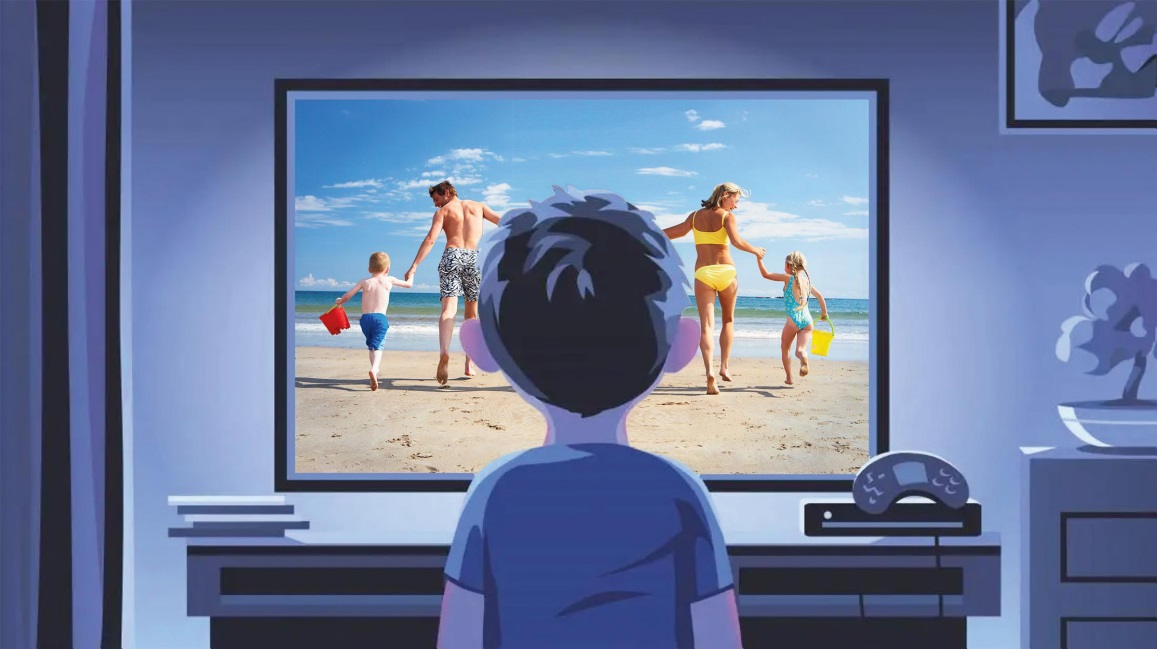
GOING INTO THE SUMMER
BY RICHARD SELZNICK, PH.D
Whenever I assess children, one of the icebreaker tasks to start the evaluation, I ask the kids to write three things they like to do. Almost without fail, at the top of the list is, "I like to play video games."
As we approach summer, I will also ask children what they are going to be doing in the summer. Often, I get a quizzical look that communicates something like, "What do you mean?" The way I read it, I think in the child's mind, they see the summer ahead as a couple of months of virtually endless screen time.
As a psychologist specializing in children struggling in school, I have one piece of parental advice. Whether your child has some type of exceptionality or not, do what you can to get them outside and off their iPads, phones or game systems.
Summer is a great time for children to be doing old-school socializing, whether in day camps or playing in and around a local pool or just playing in the dirt.
Too often, this translates to parents as organized sports such as soccer, little league or other such activities. While these are great, in my experience children need time not being steered by adults. Sadly, to many of the children this means playing in their basements or rooms, not with other children around them, but through their gaming systems with friends (or people they don't know) on-line.
I don't know if there is legitimate research on this or not, but my sense is children are driven by one thing and one thing only. That is their screen usage.
I urge you to break this habit, especially in the summer. To the extent possible, go on family outings – hiking in the woods, fishing in local lakes, exploring the outdoors and other similar day trips.
For school struggling children parents will also use the summer to try and fill in some of the academic gaps with some type of tutoring.
Tutoring in the summer can be great for kids, so can going to the library. Libraries in local communities often have fun programs for children. and these should be actively encouraged.
Take advantage of the unstructured time in summer, but take a firm stance in limiting the screen time and get kids outside and engaged. They might protest at first, but don't weaken. Years later, they will remember the family trip to the local lake more than playing five hours of Fortnite.
ABOUT THE AUTHOR:

Dr. Richard Selznick is a psychologist and the director of the Cooper Learning Center, Department of Pediatrics, Cooper University Health Care. The author of The Shut-Down Learner: Helping Your Academically Discouraged Child, as well as What to Do about Dyslexia: 25 Essential Points for Parents, and three other related books, he can be contacted through email: selznick-r@cooperhealth.edu. To learn more about his books, blogs and podcasts, go to shutdownlearner.com and cooperlearningcenter.org.